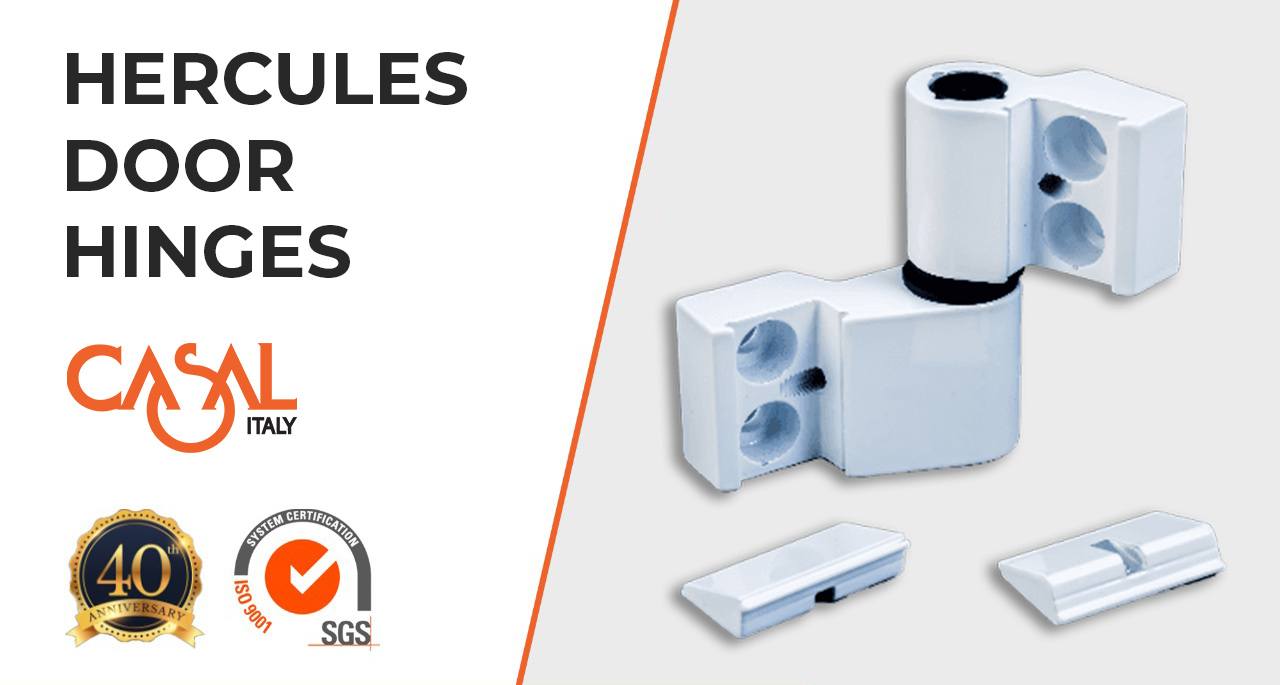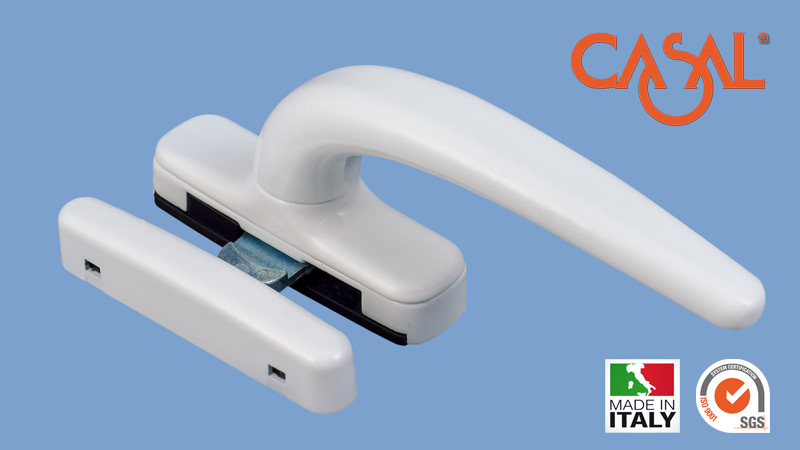Floor springs and door closers are two very important components of the door installation process, but what is the difference between the two? While they may seem similar in their role, there are some key differences that you should be aware of before deciding which one is best for your application. In this article, we will explore the differences between floor springs and door closers and how to determine which one might be a better fit for your project.
What are Floor Springs?
Floor springs are a type of door hardware that is used to automatically close a door. They are typically installed in high-traffic areas where doors are constantly being used, such as in office buildings or schools. Floor springs are usually concealed within the floor, making them invisible to users. Door closers, on the other hand, are visible and attached to the door itself. Door closers are often used in residential settings or in low-traffic areas where doors don’t need to be constantly closed.
What are Door Closers?
Door closers are devices that are mounted to the top or side of a door and used to automatically close the door. Door closers are typically used on high-traffic doors where it is important to ensure the door closes properly. Door closers come in a variety of sizes and styles to accommodate different doors and applications.
The Difference Between Floor Springs and Door Closers
When it comes to choosing the right door hardware for your doors, there are a few things to consider. One of the most important decisions you’ll have to make is between floor springs and door closers.
Floor springs are typically used on heavier doors, such as commercial or industrial doors. They’re also a good choice for high-traffic areas because they can handle a lot of wear and tear. Door closers, on the other hand, are designed for lighter doors and aren’t as durable as floor springs.
The main difference between floor springs and door closers is the way they work. Floor springs are mounted on the floor and use gravity to close the door. Door closers are mounted on the door itself and use a spring mechanism to close the door.
Another difference between these two types of hardware is the amount of adjustability they offer. Floor springs are less adjustable than door closers, so they may not be ideal if you need to adjust the closing force or speed. Door closers, on the other hand, offer more adjustability options so you can get just the right amount of closing force and speed for your needs.
So, which one is right for you? It depends on your needs and preferences. If you need a durable hardware solution for a heavy door, then a floor spring is probably your best bet. If you need an adjustable solution for a lighter door, then a door closer is likely your
How to Choose the Right Door Closer for Your Door
When it comes to choosing a door closer, there are many factors to consider. The type of door, the weight of the door, the width of the door, and the traffic patterns in your home or office all play a role in determining which type of door closer is right for you.
Here are a few things to keep in mind when choosing a door closer:
1. The type of door: There are two main types of doors – hinged doors and sliding doors. Hinged doors are the most common type of door, and can be either inward or outward opening. Sliding doors are less common, but can be a great space-saving option.
2. The weight of the door: Door closers come in different sizes and weights, so it’s important to choose one that is rated for the weight of your door. A heavier door will require a stronger opener, while a lighter door can get by with a smaller model.
3. The width of the door: The width of your doorway will also impact the size and strength of the opener you need. A wider doorway will require a stronger opener than a narrower one.
4. Traffic patterns: If you have a lot of foot traffic in your home or office, you’ll want to choose a heavy-duty opener that can stand up to constant use. If you have fewer people coming and going, you can choose a lighter-duty model.
Conclusion
Floor springs and door closers are both useful pieces of hardware when it comes to doors. Floor springs provide a smooth, reliable close action while still allowing the door to be opened with minimal effort. Door closers provide more control over how quickly and firmly the door closes, but require manual opening. Ultimately, the choice between floor springs and door closers should depend on your specific needs. Consider talking with Casal Technical Team before making a decision in order to ensure you get the best product for your application.




